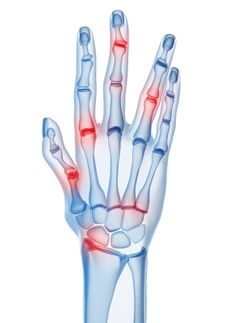Genmab reaches milestones in ofatumumab collaboration
Advertisement
Genmab A/S (OMX: GEN) announced it has reached the second and third development milestones for ofatumumab (HuMax-CD20®) under the terms of its collaboration with GlaxoSmithKline (GSK). The second milestone payment of the collaboration of DKK 87.2 million was triggered by treatment of the first patient in the Phase II study of ofatumumab in diffuse large B-cell lymphoma (DLBCL), which occurred in 2007. The third milestone payment of DKK 87.2 million was triggered by the first patient receiving treatment in the Phase III rheumatoid arthritis (RA) program, which occurred in 2008.
Genmab achieved the first development milestone payment of DKK 116.3 million under the GSK collaboration in June, triggered by positive efficacy results in the Phase II RA study.
Ofatumumab is an investigational, fully human, next generation monoclonal antibody that targets a distinct small loop epitope on the CD20 receptor on the surface of B-cells. This epitope is different to the other anti-CD20 antibodies currently available or in development. Ofatumumab is being developed under a co-development and commercialization agreement between Genmab and GlaxoSmithKline.
Other news from the department research and development
Most read news
More news from our other portals
See the theme worlds for related content
Topic world Antibodies
Antibodies are specialized molecules of our immune system that can specifically recognize and neutralize pathogens or foreign substances. Antibody research in biotech and pharma has recognized this natural defense potential and is working intensively to make it therapeutically useful. From monoclonal antibodies used against cancer or autoimmune diseases to antibody-drug conjugates that specifically transport drugs to disease cells - the possibilities are enormous

Topic world Antibodies
Antibodies are specialized molecules of our immune system that can specifically recognize and neutralize pathogens or foreign substances. Antibody research in biotech and pharma has recognized this natural defense potential and is working intensively to make it therapeutically useful. From monoclonal antibodies used against cancer or autoimmune diseases to antibody-drug conjugates that specifically transport drugs to disease cells - the possibilities are enormous






















































